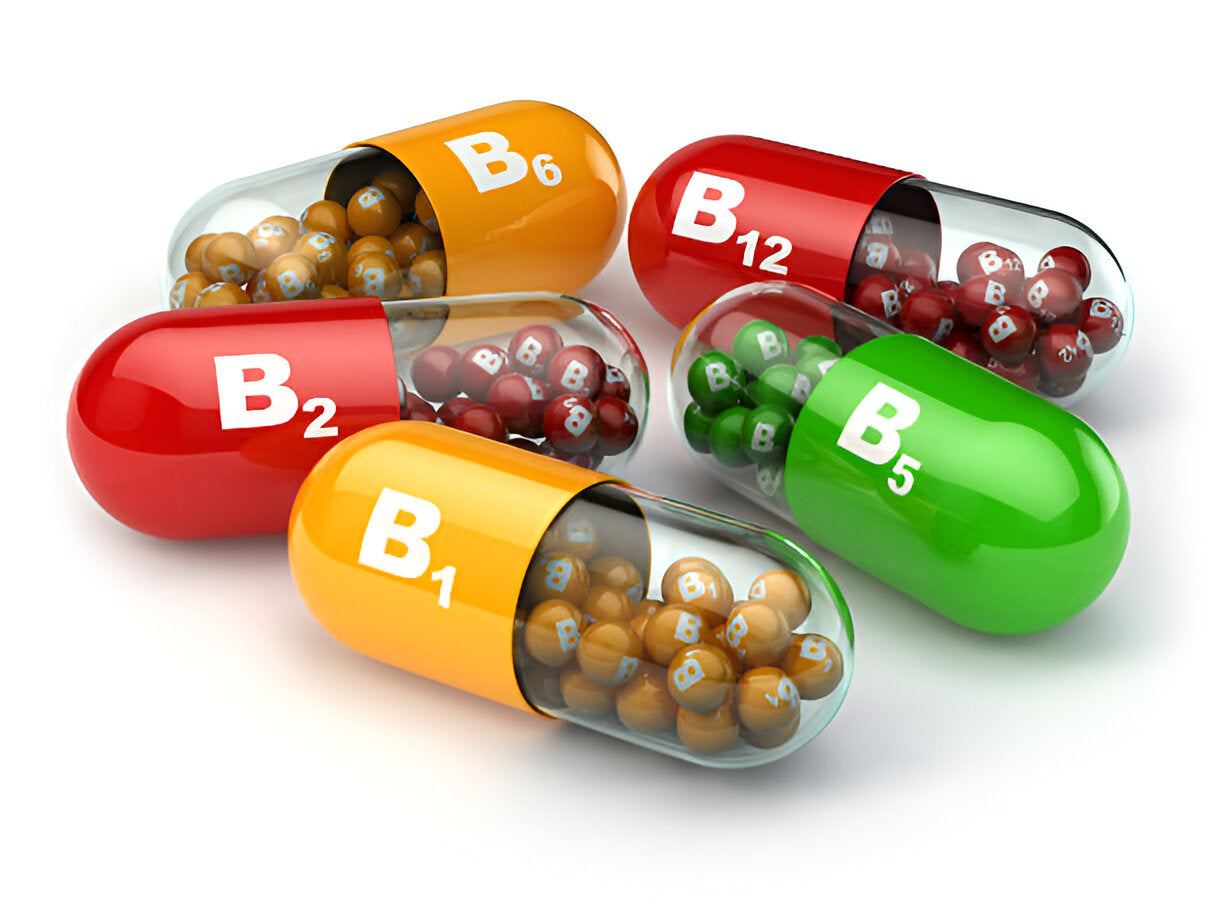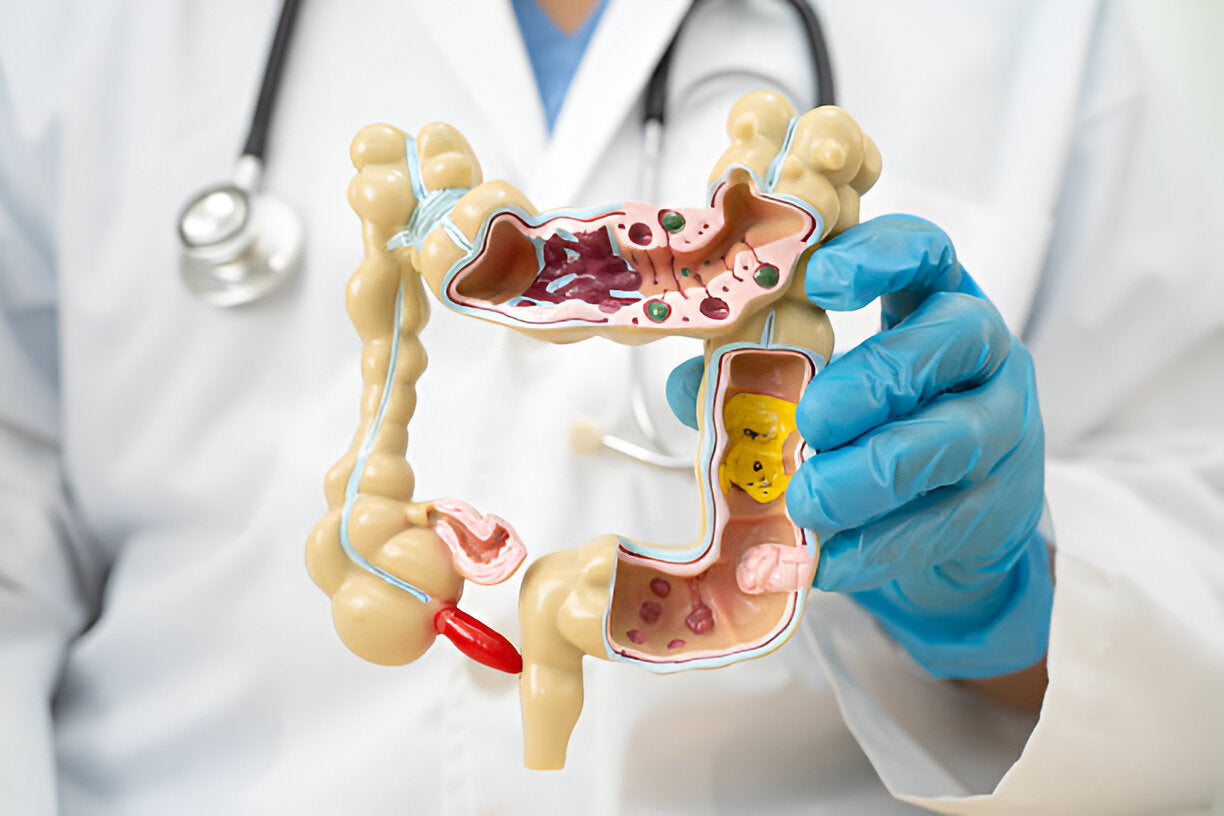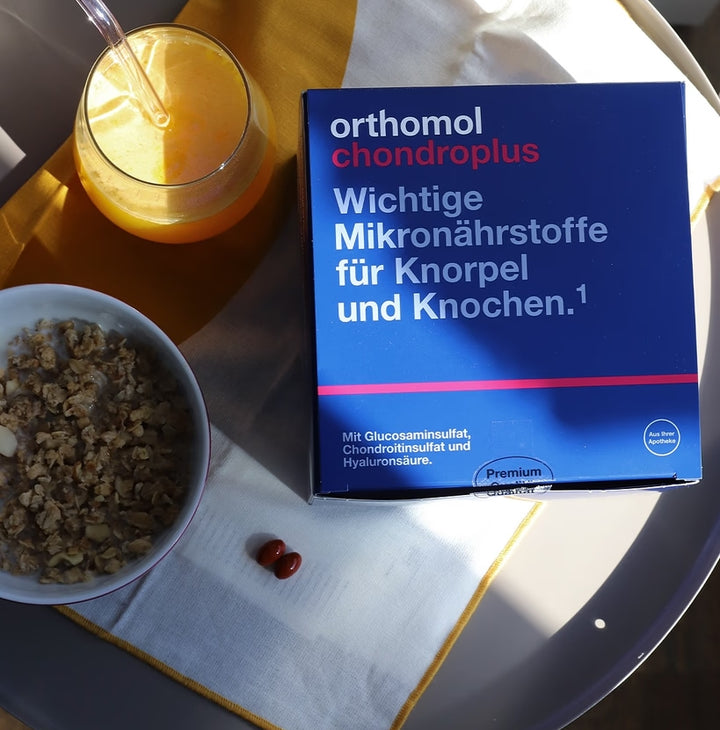
Why Most Americans Miss Their Daily Micronutrient Needs
Modern lifestyles have changed the way we eat, live, and take care of ourselves. While grocery stores are overflowing with food choices, and diets are trendier than ever, one reality remains largely overlooked: the majority of Americans are not meeting their daily micronutrient requirements.
Micronutrients—vitamins and minerals—are essential for everything from energy production and immunity to bone health and brain function. Yet, despite the abundance of food in the U.S., nutrient gaps are alarmingly common. This paradox of plenty has far-reaching implications for health and well-being.
In this article, we’ll explore why these deficiencies occur, what they mean for everyday health, and how products like Orthomol Immun can help bridge the gap.
What Are Micronutrients and Why Do They Matter?
Micronutrients include vitamins (like A, C, D, E, K, and the B-complex group) and minerals (such as magnesium, calcium, iron, and zinc). Unlike macronutrients—carbohydrates, protein, and fats—micronutrients are needed in much smaller amounts. Yet their role is no less critical.
For example:
-
Vitamin D supports bone and immune health.
-
Magnesium plays a role in muscle function and energy metabolism.
-
Iron helps transport oxygen throughout the body.
-
Vitamin C acts as a powerful antioxidant and strengthens immunity.
When these nutrients are lacking, subtle issues like fatigue, poor concentration, or weakened immunity can develop. Over time, deficiencies may contribute to more serious conditions, such as osteoporosis, anemia, or cardiovascular concerns.
The Current State of Micronutrient Intake in the U.S.
According to data from the Centers for Disease Control and Prevention (CDC) and the National Health and Nutrition Examination Survey (NHANES):
-
Nearly 95% of Americans do not consume enough vitamin D.
-
Around 45% fall short on magnesium intake.
-
More than 30% of women of childbearing age are iron deficient.
-
Vitamin C, calcium, and potassium are also often lacking in the average diet.
These aren’t small gaps—they represent widespread nutritional shortfalls affecting people across all age groups. Even among those who believe they eat “healthy,” nutrient inadequacy remains common.
Why Are Americans Falling Short?
Despite living in one of the most food-abundant nations, Americans still fail to meet their micronutrient needs. Here’s why:
1. Highly Processed Diets
Convenience is king in modern lifestyles. Processed and packaged foods—while quick and tasty—often lack essential vitamins and minerals. During refining and preparation, natural nutrients are stripped away, leaving behind “empty calories.”
For example, refined grains lose much of their magnesium and B vitamins during processing. Added sugars and fats make up calories without delivering essential nutrients.
2. Declining Nutrient Quality in Food
Over the past decades, farming practices have shifted toward maximizing yield and shelf life rather than nutritional density. Studies show that the vitamin and mineral content of fruits and vegetables has declined, meaning even when Americans eat fresh produce, they may not get the same level of nutrition as previous generations did.
3. Busy Lifestyles and Irregular Eating Habits
Many Americans skip meals, eat on the go, or rely on quick options that rarely provide a balanced nutrient profile. Coffee and bagels for breakfast, takeout for lunch, and microwave dinners in the evening add up to diets that are calorically sufficient but nutritionally lacking.
4. Restrictive Diet Trends
From low-carb and keto to vegan and intermittent fasting, diet trends have gained popularity. While they can offer benefits, they may also increase the risk of micronutrient deficiencies if not carefully managed. For example, eliminating dairy without proper substitutions can lead to calcium and vitamin D insufficiency. Similarly, plant-based diets without careful planning may result in lower intake of vitamin B12, iron, and zinc.
5. Lifestyle Factors and Stress
Chronic stress, lack of sleep, and sedentary behavior impact how the body absorbs and utilizes nutrients. For instance, stress increases the need for B vitamins and vitamin C, while lack of sunlight exposure leads to widespread vitamin D deficiency.
6. Medical Conditions and Aging
Certain health conditions (such as digestive disorders, diabetes, or cardiovascular disease) interfere with nutrient absorption. As people age, the ability to absorb vitamins like B12 diminishes, and appetite often decreases, further reducing nutrient intake.
Impact of Micronutrient Deficiency
Not getting enough micronutrients may not show up immediately, but the long-term consequences can be significant:
Weakened Immune System: Low vitamin C, zinc, or vitamin D can make individuals more susceptible to infections.
Bone and Joint Problems: Calcium, vitamin D, and magnesium are critical for bone health; deficiencies increase the risk of osteoporosis.
Low Energy and Fatigue: Iron and B vitamins are vital for energy metabolism. Without them, fatigue becomes a daily struggle.
Cognitive Decline: Deficiencies in B12, folate, and omega-3 fatty acids may contribute to memory issues and brain fog.
Poor Skin, Hair, and Nail Health: Vitamins A, C, and biotin are essential for maintaining healthy skin and hair
Micronutrient deficiencies are often called “hidden hunger” because they may not cause immediate hunger pangs, but they impact long-term vitality and overall well-being.
Bridging the Nutrient Gap: 5 Easy Steps
The good news is that addressing micronutrient gaps is possible with a proactive approach. Here are some practical steps:
1. Focus on Whole Foods
Building meals around whole, minimally processed foods is the best foundation. Fresh fruits, vegetables, whole grains, nuts, seeds, dairy (or alternatives), lean proteins, and healthy fats should form the majority of the diet.
2. Variety is Key
No single food provides all essential nutrients. Eating a wide range of colors, textures, and food groups ensures broader nutrient coverage.
3. Smart Supplementation
Even with a balanced diet, it can be difficult to meet all nutrient requirements daily. This is where high-quality supplements play a role. Products designed with scientifically balanced formulas, like Orthomol Immun, provide a convenient and effective way to fill nutritional gaps while supporting the immune system.
4. Address Lifestyle Factors
Getting adequate sleep, managing stress, and spending time outdoors can improve nutrient absorption and reduce the body’s demand for stress-related nutrients.
5. Regular Health Checkups
Blood tests can reveal specific deficiencies, allowing individuals to adjust their diet and supplementation accordingly.
How Orthomol Immun Can Help
Orthomol Immun is a carefully formulated supplement that combines essential vitamins, minerals, and antioxidants to support the immune system and overall well-being. It includes key nutrients that Americans often fall short on, such as:
-
Vitamin D for immune and bone health
-
Vitamin C and zinc for antioxidant defense and immune support
-
B vitamins for energy metabolism
-
Magnesium and selenium for cellular protection
Unlike generic supplements, Orthomol Immun is designed to provide nutrients in scientifically researched dosages that support daily health needs, particularly for those who face nutrient gaps due to diet or lifestyle.
The Bottom Line
The majority of Americans do not meet their daily micronutrient needs, a reality shaped by modern diets, busy lifestyles, and declining food nutrient quality. These gaps can affect immunity, energy, mental clarity, and long-term health. Taking proactive steps through a balanced diet, mindful lifestyle choices, and targeted supplementation can make a significant difference. If you’re looking for a convenient way to support your nutrient intake and strengthen your immune system, Orthomol Immun is here to help.
Take charge of your health today with Orthomol Immun, your partner in closing the nutrient gap and building a stronger, healthier tomorrow.




